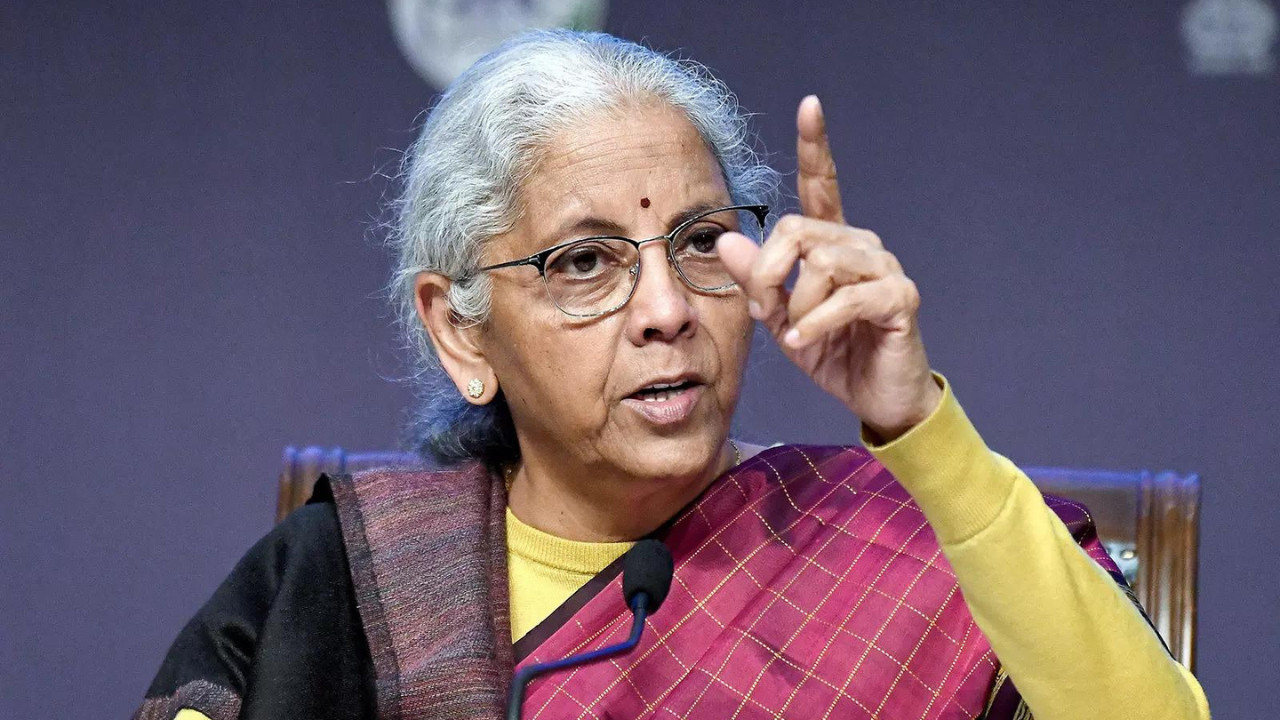Rosneft has condemned the EU’s sanctions on Nayara Energy, its Indian affiliate, deeming them unjustified and a threat to India’s energy security. Rosneft argues the sanctions are extraterritorial, politically motivated, and disregard international law.
Cracks in the Foundation? EU Sanctions Target India’s Energy Lifeline
The global energy landscape just got a whole lot more complicated. The European Union’s recent sanctions against Nayara Energy, a major Indian oil refiner partly owned by Russian oil giant Rosneft, have sent ripples of unease through the subcontinent. Rosneft has vehemently denounced the move, labeling it “unjustified and illegal” and warning of potential risks to India’s energy security. But what’s really at stake, and how might this unfold?
Nayara Energy operates a critical refinery in Vadinar, Gujarat, a facility vital for meeting India’s growing energy demands. The company is not just a refiner; it’s a significant player in India’s petroleum market, distributing fuels across the nation. The sanctions, aimed at curtailing Russia’s revenue streams following the invasion of Ukraine, specifically target entities that “significantly contribute” to the Russian government’s income. Rosneft, owning a substantial stake in Nayara, falls under this umbrella.
However, Rosneft argues that these sanctions are not only misdirected but also pose a direct threat to India’s ability to fuel its economic engine. The company asserts that Nayara operates independently, complying with all applicable laws and regulations. Moreover, they emphasize the crucial role Nayara plays in providing affordable energy to millions of Indian consumers.
The immediate impact? Uncertainty. Supply chains are intricate webs, and any disruption, real or perceived, can lead to price volatility and logistical headaches. While India has been diversifying its energy sources, Russian oil has become an increasingly important component of its energy mix, particularly as India seeks to balance economic growth with affordability.
The EU’s rationale is understandable. The goal is to pressure Russia and limit its ability to finance the war in Ukraine. But the unintended consequences could be significant. India, a major developing economy, relies heavily on stable and affordable energy to sustain its growth trajectory. Sanctions that disrupt this flow could have a cascading effect, impacting industries, transportation, and households.

India’s Delicate Balancing Act
This situation places India in a challenging position. The nation has maintained a neutral stance on the Ukraine conflict, prioritizing its own economic interests and strategic partnerships. Walking the tightrope between Western pressure and its energy needs requires deft diplomacy and a pragmatic approach.
One potential outcome is that Nayara Energy will need to restructure its ownership to mitigate the impact of the sanctions. This could involve Rosneft reducing its stake, or finding alternative financial arrangements that satisfy the EU’s concerns without crippling Nayara’s operations.
The Bigger Picture: Global Energy Geopolitics
This incident also highlights the growing complexities of global energy geopolitics. Energy is no longer just a commodity; it’s a strategic asset, a tool of influence, and a source of both cooperation and conflict. As the world transitions to cleaner energy sources, these dynamics are only likely to intensify. Nations are scrambling to secure access to resources, diversify their supply chains, and navigate a landscape fraught with political and economic risks.
Could this lead India to further explore renewable energy sources? Possibly. The push for solar, wind, and other sustainable options is already underway, but these transitions take time and require significant investment. In the short term, India needs reliable and affordable energy to power its economy.
This saga serves as a stark reminder of the interconnectedness of the global energy market and the potential for geopolitical tensions to disrupt even the most established supply chains. The long-term effects on India’s energy security and the broader global energy landscape remain to be seen. This situation may also create an opportunity for Reliance Industries, another major player in the Indian energy sector, to solidify its position. Read more about Reliance’s impact on the Indian economy [here](internal-link).
Looking Ahead: Navigating the Energy Maze
The future hinges on how the EU and India navigate this complex situation. Will there be room for negotiation and compromise? Can Nayara Energy adapt and continue to supply India with the energy it needs? Or will these sanctions create lasting disruptions and force India to seek alternative, potentially more expensive, sources? The answers to these questions will have profound implications for India’s economic future and the stability of the global energy market. The unfolding situation around India’s energy security necessitates careful observation and strategic adaptation to safeguard its economic interests.







